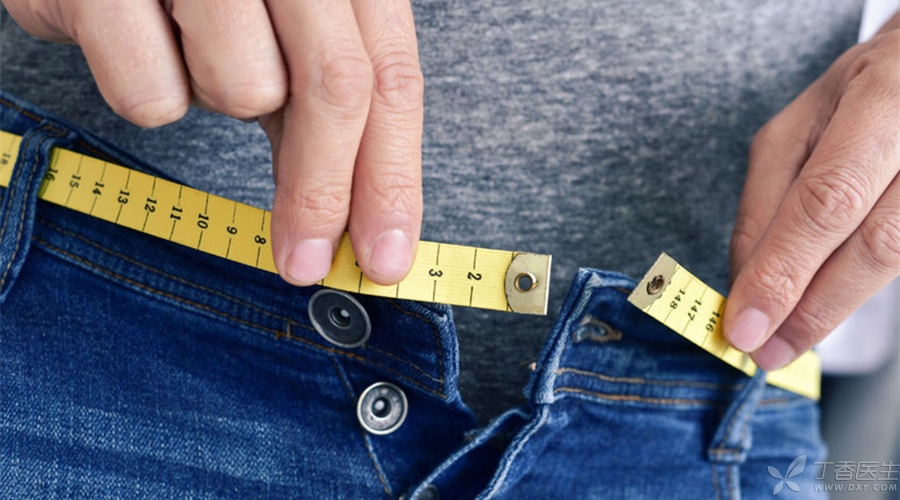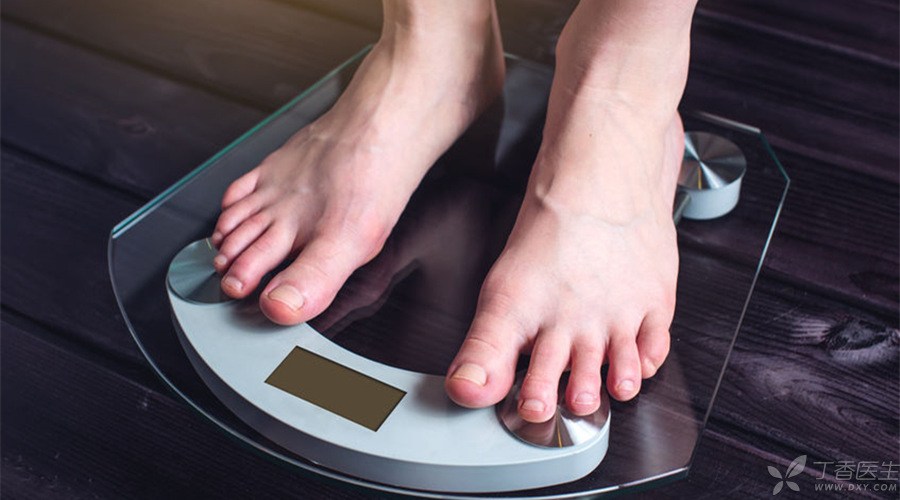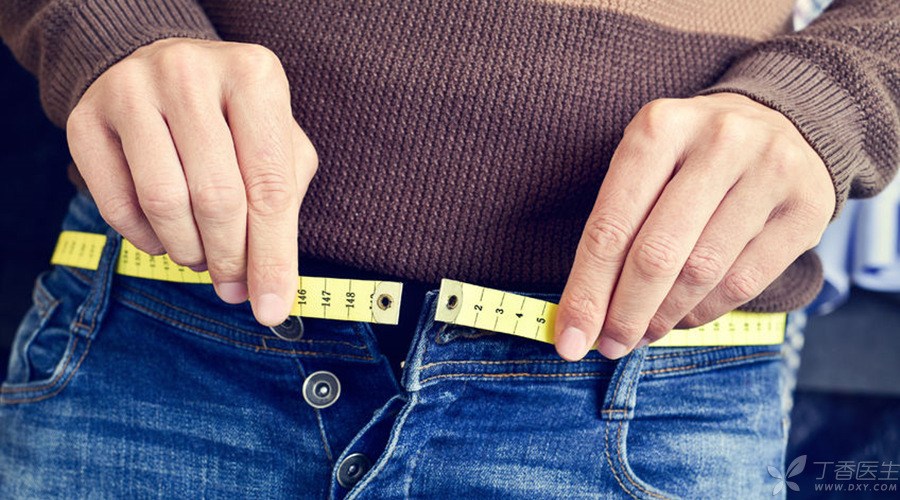
Losing weight, as long as you lose weight, does it mean success? Obviously not.
For those who lose weight, reducing to the ideal weight is only a phased victory. After losing fat with difficulty, they will begin to fight against [rebound]. Once the struggle fails, they are likely to return to weight or even become fatter than before.
Dr. Xiao Danhua, as a doctor in the Nutrition Metabolism Center, receives many overweight patients every day.
Especially in the United States, where the obesity rate is high, there are countless examples of weight loss-rebound-weight loss-rebound again.
Let’s take a look at how she helps her patients prevent weight rebound.
[I have lost 10kg, how can I prevent it from growing back? ]
Linda, one of my patients, followed me in the clinic for more than half a year, then managed to get rid of 10kg and finished. In the past two months, she began to relax a little, and it is conceivable that she came back from another 2kg. She was frightened and made an appointment to visit me and asked, “How can I prevent my weight from rebounding?” ]
Every person who successfully loses weight actually has a plateau after losing weight. To break the plateau period, we must limit the total calorie intake more strictly and consume more energy through exercise.
Step 1 Move more

At this time, the most critical link is, of course, sports.
In addition to exercise, daily active activities are also very important for long-term weight maintenance. In daily life, you can increase the amount of daily activities by walking and walking more to help prevent weight rebound.
- Don’t sit for too long. If you can walk the stairs, you don’t need the elevator. If you can walk, you don’t need the car. Try to take a walk with your family and friends every day. Use pedometer, mobile phone, etc. to check your exercise and try to walk 10,000 steps every day. Arrange more outdoor activities on weekends or on dates and parties.
Step 2 Weigh yourself more
Some people will inevitably relax their diet control after losing weight. So at this time, what you need most is:
Weigh regularly
Weigh yourself more frequently, at least once a week (preferably more than 3 times). People who weigh themselves every day will control their diet more consciously and exercise more consciously, which can reduce their weight by 6% on average.

In addition, you can also: find a friend or family to lose weight with you, and you can help and supervise each other.
Step 3: Drink soup before meals
Drink hot water or soup before meals, which can act on hypothalamus and reduce appetite.
Therefore, we should pay attention to the order of eating, drink soup first, then vegetables and protein, and finally eat staple foods such as rice.
At the same time, pay attention to chewing and swallowing slowly, and eat each meal for at least 20 minutes.
4. Change your infrequent hands to eat snacks.
Change the hand that you don’t usually use to eat snacks.
If you are a right-handed person and are used to eating snacks with your right hand while watching TV, you can deliberately change to your left hand. An interesting study found that this change reduced snack intake by 30%.
In addition, 7-8 hours of sleep per day should be added. The possible causes of obesity caused by sleep loss include: physical fatigue and decreased exercise due to insufficient sleep; Wake up longer and eat more. The balance of hormones that control appetite in the body is disrupted and hunger increases.
5. Flexible Diet Against [Greedy]

Everyone has such times: suddenly he especially wants to eat some kind of food, and his desire is so strong that he cannot stop until he eats it in his mouth.
From this perspective, flexible control of diet is more effective than strict control:
Instead of choking back the temptation and resolutely refraining from eating ice cream or cakes, it is better to take dessert as a reward for yourself. If you reach your target this week or this month, you can eat a small piece of cake.
For example, if there is a party tonight, then eat less at noon and exercise for another 30 minutes to ensure that today’s [in] is greater than [out].
People who have learned flexible control can do dieting and weight loss for a longer time.
STEP 6 Learn to eat skillfully
To help you better control your diet, you can try:
- Don’t stop eating for more than 5 hours. You can eat some healthy snacks such as fruits, yogurt and a few nuts in the near 5 hours. Eat some protein (such as eggs, fish, meat, etc.) at every meal. Protein is more full. It can also better control the stability of blood sugar, thus reducing the generation of [thirst] desire. Drink more water. When people are short of water, they are prone to craving high-salt foods (such as potato chips). This [thirst] is actually [thirst]. A glass of clear water can successfully stop this craving for food.
Step 7 Brush your teeth

The purpose of brushing your teeth is to divert your attention when you want to eat.
Most of the time, the thirst for food is a reflection of one’s anxiety, boredom and other emotions. At this time, one can use other methods to divert one’s attention, such as making a phone call and reading a book, to relax oneself.
The other methods that can be used are:
- Brush your teeth. Use mint-scented toothpaste, Finally, apply a little lip balm. When your mouth becomes clean and fragrant again, You don’t want to destroy it with high-sugar and high-salt foods anymore, so you don’t want to eat. Exercise. Take a walk or trot or go to the gym. Fresh air and sweating will help you eliminate your thirst for food. If the weather is bad and you can’t go out, jump up and down at home for 5 minutes until this thirst passes.
In short, in the weight maintenance stage after successful weight loss, it is still necessary to emphasize [shut up and keep your legs open], which is the only way to lose weight.
